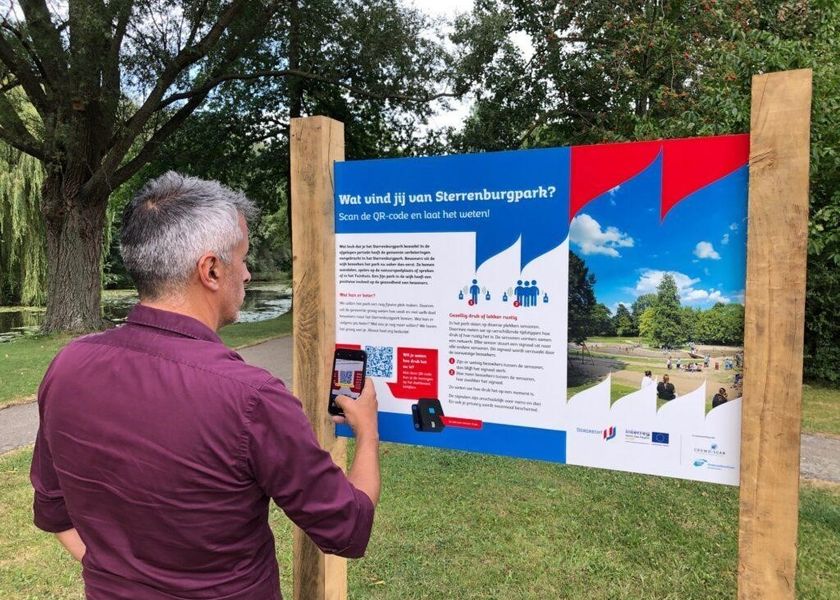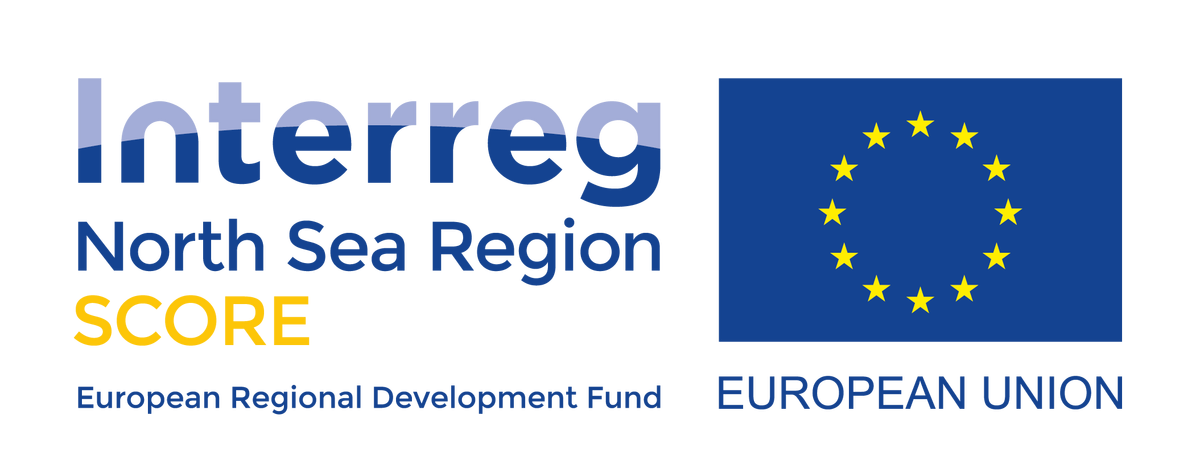QR code toolkit replication in Dordrecht

QR code toolkit replicated in Dordrecht to monitor the use of parks to be able to improve their functions and/or benefits for citizens and nature
Within the SCORE project, the City of Dordrecht replicated a dynamic QR code toolkit solution developed by District09, IT partner of the City of Ghent. The QR code toolkit allows a broader range of civil servants to generate and use QR codes as a generic, expandable, and reusable starting point for a variety of city services and citizen workflows. Instead of QR codes being a static hyperlink, the toolkit develops dynamic QR codes. These codes serve as entry points to which different actions can be attributed for different public services (to citizens, to employees, or to a combination of both). In practice this means that the same QR code can be used for different use cases, for example managing assets and devices and collecting all kinds of information. The detailed explanation and description of the QR code toolkit can be found here.
The QR code toolkit is currently used in Dordrecht to monitor the use of parks to be able to improve their functions and/or benefits for citizens and nature. When scanning the QR code, two actions are enabled: 1) citizens can provide feedback about the use of the park through a survey, 2) citizens can request information about crowd flow measurements in the park. Due to the dynamic feature of the QR code toolkit, Dordrecht designed and installed one billboard with a QR code that covers two different functions. Besides the QR codes in the park, the city is also looking at using the solution to support an QR code guided pod walk in the city passing by historical buildings, landmarks, and artwork, which also offers the option of an escape room puzzle for city discovery.
The QR code toolkit was developed by the city of Ghent, and replicated by the City of Dordrecht with help of a freelance developer. As a mid-size city with limited resources in IT, replication turned out to be an effective process for Dordrecht to contribute to the city´s green ambitions and to experiment with open-source software solutions. In this specific case, replication showed to be a faster and cheaper process compared to making the solution in-house or buying the solution. More information about the process of replication and the experiences of Dordrecht can be found here.

Your cookie preferences
We use cookies and similar methods to recognize visitors and remember their preferences. To learn more about these methods, including how to disable them, view our cookie policy.

